
Despite being cultivated for a long time in Brazil – in a major crop scenario and condition, sesame is a relatively new crop. As a result, little technical information is available for the cultivation, harvesting and storage of the grains.
One of Sebra’s major pillars is aiming to maximize the performance and productivity of sesame fields. Therefore, the development of research – from planting, cultivation, harvesting and storage – is extremely necessary for a high-quality final product.

Agronomic research is vast and multidisciplinary, requiring the integration of several areas of knowledge – at field and laboratory level, as well as testing protocols under controlled conditions, for later validation in the field. Especially for Sebra’s partner producers, research and laboratory analysis have a greater importance, due to the difficulties faced with the low availability of cultivars adapted to mechanized cultivation and because there is little technical information available on management from planting to harvesting.
Some of our research projects include: Mineral Nutrition, Plantability, Nematology, Phytopathology, Herbology and Planting Systems.
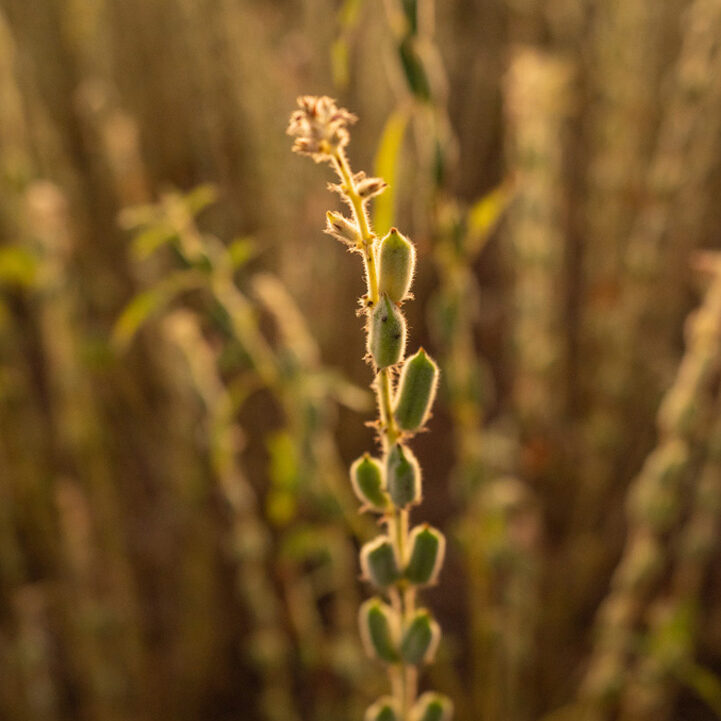
Mineral Nutrition
In the mineral nutrition area, we can verify the amount of nutrients exported by the crop, determine which fertilization should be done for each variety, and which products are more efficient to ensure maximum productivity;
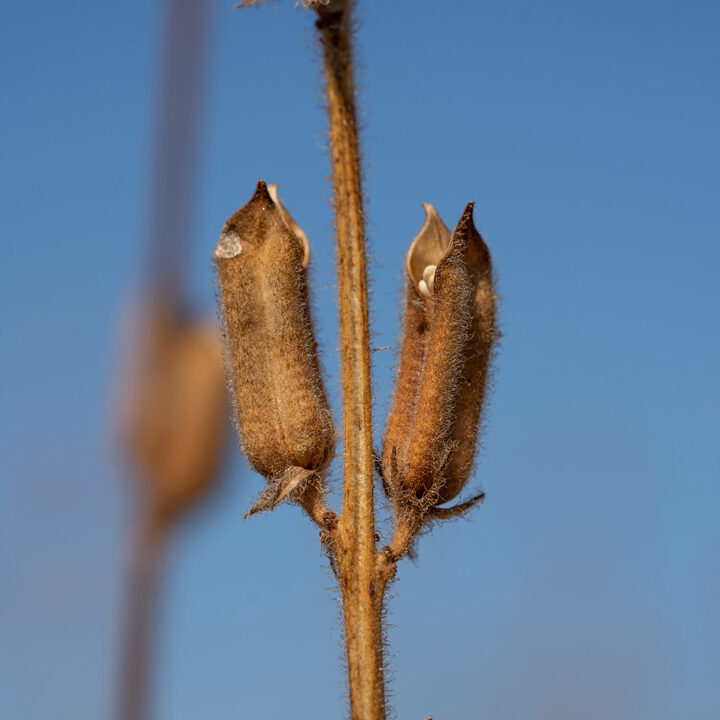
Plantability
In plantability, we evaluate the best spacing between rows and between plants for each crop. In addition to evaluating the efficiency of seed pelleting as a way to promote better distribution, guaranteeing more uniform stands and increasing productivity.
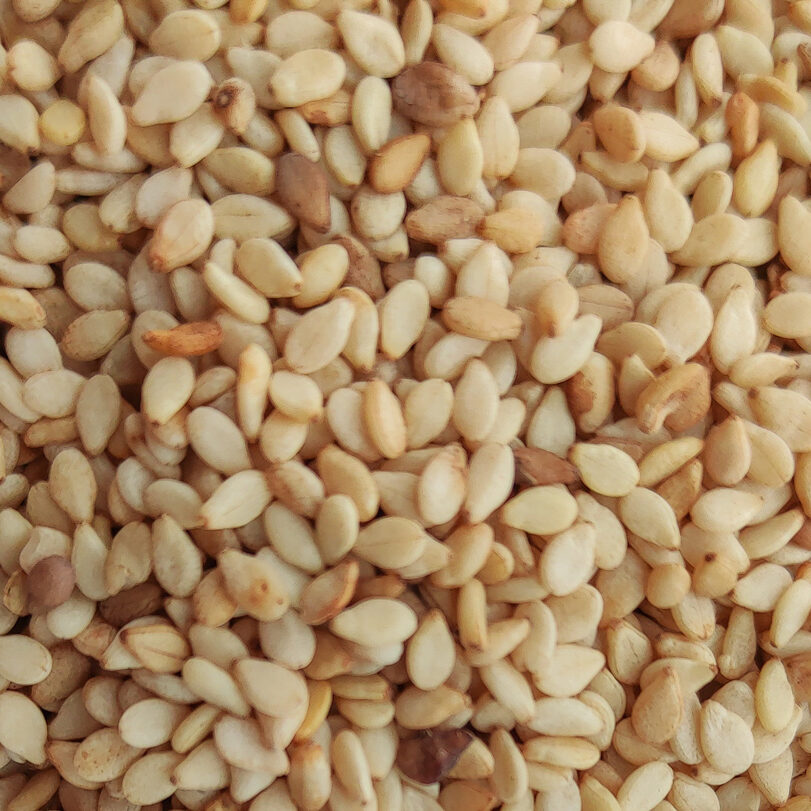
Nematology & Phytopathology
In nematology, we verify if the sesame varieties host or multiply nematodes;
In phytopathology, we identify the pathogens occurring in the seeds and in the cultivation areas, and the critical period of occurrence, in order to identify the time to apply defensives.
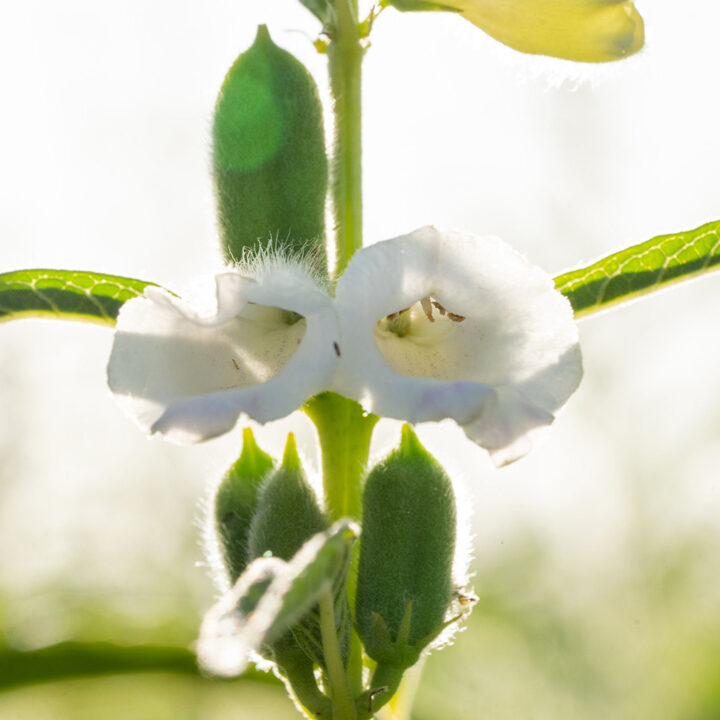
Herbology
In herbology, we constantly evaluate a range of active ingredients in order to search for selective products for sesame cultivation.
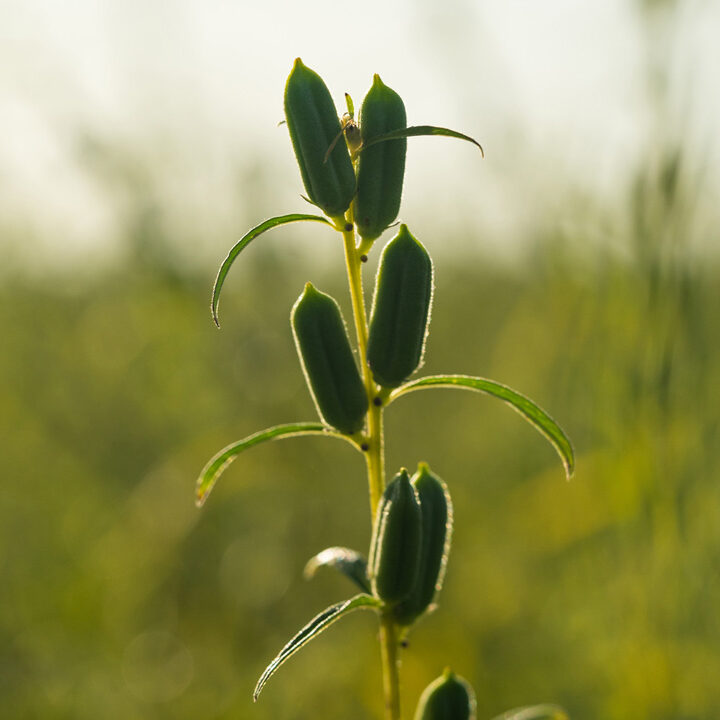
Planting Systems
In planting systems, we evaluate sesame and corn crops under soil compaction and what the effects of the two systems are on successive soybeans.
Besides these and other research projects, we also have a genetic improvement program, with classical and molecular breeding strategies to increase productivity and insert desirable characteristics; certified seed production; and post-harvest seed quality control, which involves constant laboratory analysis to maintain sesame quality.
Through investment in research and laboratory analysis, Sebra always seeks to bring technical results for use by producers in their fields, ensuring greater productivity. And, at the end of the sesame production chain, the major beneficiaries are the clients and final consumers, who can acquire and enjoy a superior quality product that serves the most different purposes.

